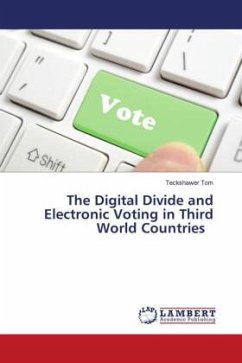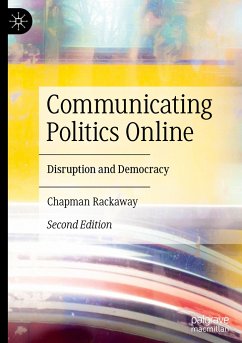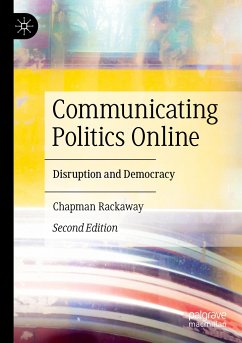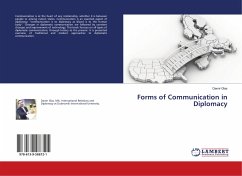
The Digital Divide and Electronic Voting in Third World Countries
Versandkostenfrei!
Versandfertig in 6-10 Tagen
29,99 €
inkl. MwSt.

PAYBACK Punkte
15 °P sammeln!
The objective of this book was to establish if Zimbabwe has the potential and Information Communication Technology (ICT) capacity to implement e-voting methods in the country's often discredited electoral process. The study adopted qualitative methods and secondary data collected from relevant reports, questionnaires randomly distributed to the general populace as well as interviews with Zimbabwe Electoral Commission (ZEC) and the Postal and Telecommunications Regulatory Authority of Zimbabwe (POTRAZ) officials. The book highlights the global and national status of ICT adoption in Zimbabwe whi...
The objective of this book was to establish if Zimbabwe has the potential and Information Communication Technology (ICT) capacity to implement e-voting methods in the country's often discredited electoral process. The study adopted qualitative methods and secondary data collected from relevant reports, questionnaires randomly distributed to the general populace as well as interviews with Zimbabwe Electoral Commission (ZEC) and the Postal and Telecommunications Regulatory Authority of Zimbabwe (POTRAZ) officials. The book highlights the global and national status of ICT adoption in Zimbabwe which is the key driver to the successful implementation of e-voting, internet coverage, and use in the country. The research also investigated how Zimbabwe citizens in the diaspora, through new Internet platforms, can exercise their right to participate in the country's political discourse and vote using the e-voting model. The findings indicate that though it can be done, it is not being practiced. Hence citizens in the diaspora are being excluded from the electoral process.












